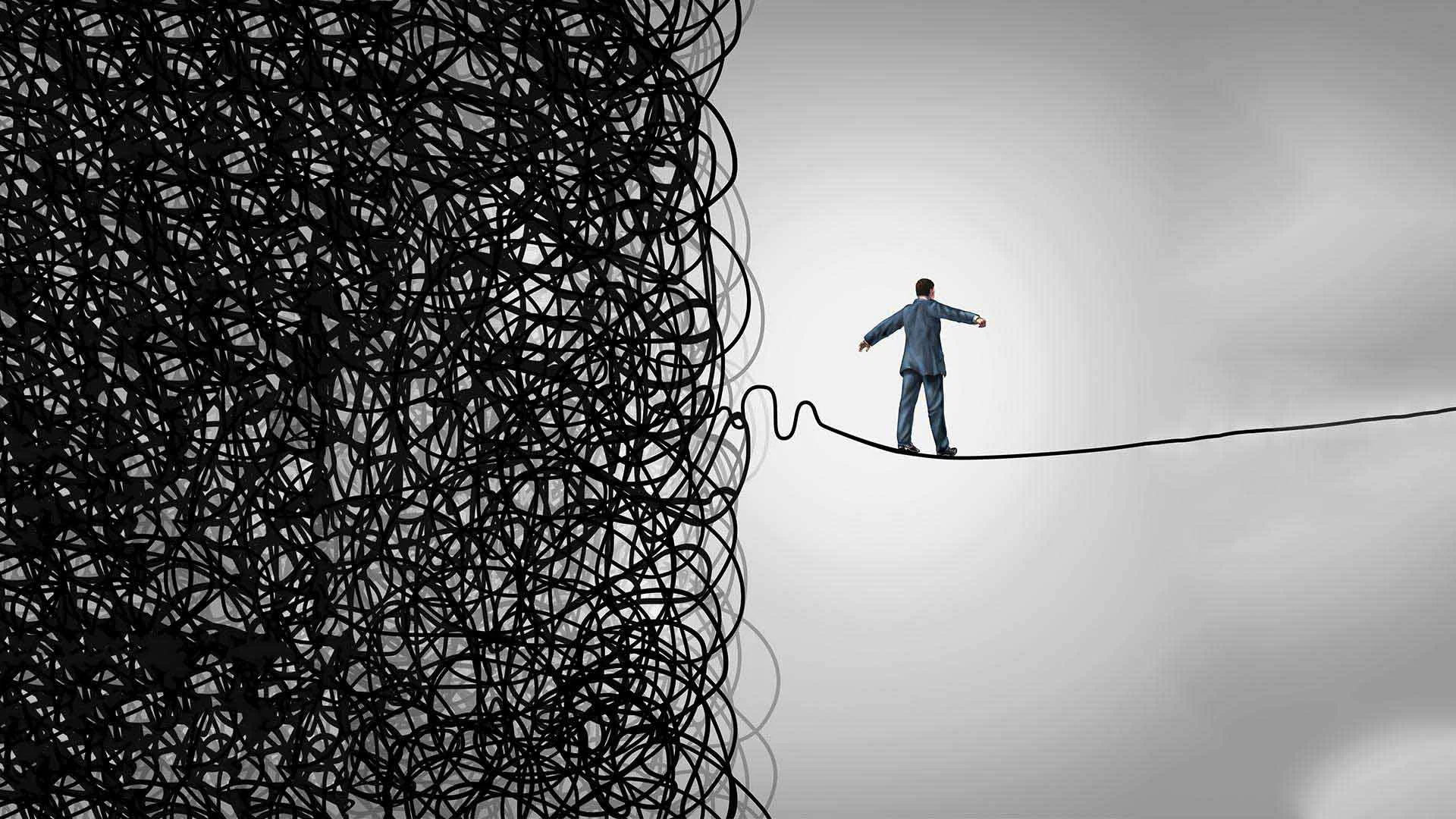While a child or children aren’t as large a part of the story of this piece as they are in Trojan Women there are a few lines that speak of them. For instance, describing the Persians waiting for news of the outcome of the war –
“Their wives and children mark the days
Shuddering as the time drags on.”
The family and the family unit is very much at the heart of the Greek classic plays and this one is no different. I suppose this is on my mind since my own family arrived today – my wife and 7 month old son flew out from NY and I am ecstatic at their arrival. In the Trojan Women, after the gods speak, you begin with the queen, Hecuba, right after the sack of Troy. Her son is dead, as is her husband, one of her daughters has been raped and the other one we later find out is dead as well. Finally her grandson is killed – in the original thrown from city walls and in our version suffocated by his own mother to prevent him dying in such fashion. In the Persians all the sons and able bodied men who have gone to conquer Greece are killed and the people who are left await this reality of which they hear in the course of the play. Aeschylus and Euripedes, both Greeks, wrote plays from the “others” point of view to try to impart lessons and values to the populous based on events that they either experienced or were happening in the world around them. As always with these Greek plays they are reminding us not to make the same mistake as has been seen in the past. It’s fascinating and terrible to realize that the lessons of these plays have been taught now for approximately 2500 years and we as a species can’t seem to – or want to – figure it out. We keep making these mistakes over and over and over and over again. Whether it is the Palestine-Israel conflict, the Ukraine conflict, America’s own interest in sending soldiers abroad, or anwhere else that you might like to dip your toe in from the wake of history it seems it doesn’t stop and maybe nothing has been learned. So we as artists have to keep telling these tales in the hopes that something might change. So that maybe our children will grow up and possibly, someday, make a better choice. We will see I suppose. And so, we continue to make our Persians.



Recent Comments